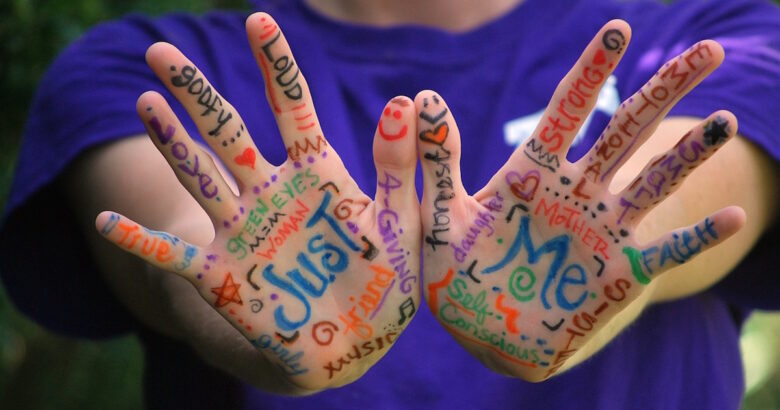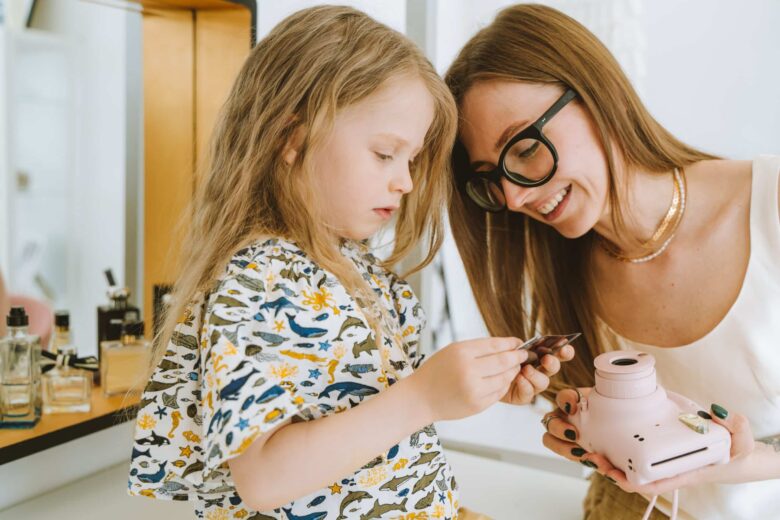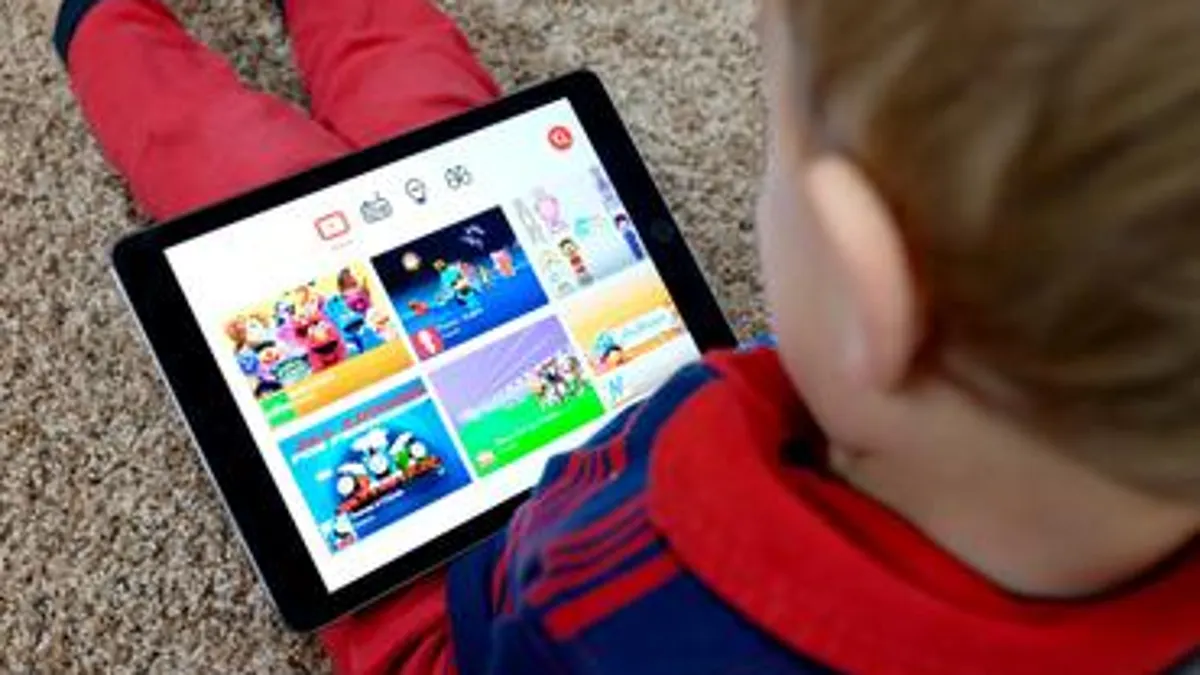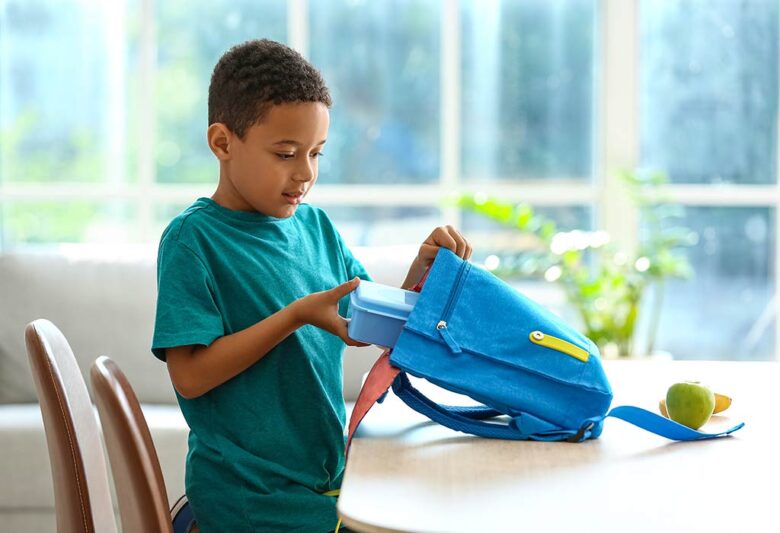Affirmations are repeated or written down statements to reinforce positive beliefs and foster a positive attitude. They are a valuable tool for building self-esteem and can affect people’s thoughts, feelings and behaviors.
For children, affirmations are fundamental as they develop their sense of self, build confidence and shape their beliefs about themselves and the world around them. When children face difficulties or failures, affirmations can provide a powerful tool for building resilience and promoting a positive outlook.
Affirmations help children reflect on their thoughts, emotions and beliefs. It leads to a better understanding of their strengths and areas for growth. This self-awareness allows children to make informed decisions, set goals and develop a stronger identity.
The use of affirmations also can support the development of positive social skills in children by promoting self-acceptance, empathy and kindness.
Affirmations are essential in promoting a healthy body image in children. By reinforcing positive beliefs about their bodies, affirmations help children appreciate their unique qualities and develop a positive relationship with their physical selves.
A study found that affirmations led to a reduction in symptoms of depression and increased life satisfaction among participants. By engaging in positive self-talk, children can mitigate the negative impact of stressors and develop coping mechanisms.
Neuroscientific research has demonstrated that affirmations can restructure the brain and foster positive thinking. By repeating positive statements, neural pathways linked to negative self-perception can be weakened, while those associated with positive self-beliefs can be strengthened. This phenomenon, referred to as neuroplasticity, enables the development of new, more beneficial neural connections and reinforces positive thought patterns.

Source: evelynlim.com
Contents
Common Misconceptions about Affirmations for Kids
With all those benefits, there are also several common misconceptions about affirmations for kids that can lead some people to question their effectiveness or appropriateness. Some may think that affirmations replace the value of effort and hard work, but they complement these qualities. Affirmations encourage recognizing effort, motivation maintenance and persistence through challenges, supporting a growth mindset and continuous learning.
Others also believe that affirmations may lead to overconfidence or a lack of self-awareness. However, affirmations enhance self-awareness by encouraging reflection on thoughts and beliefs.
People may perceive affirmations as cheesy or insincere by children. However, affirmations can be tailored to suit the child’s preferences and style, making them more engaging and relatable. They can be personalized to align with a child’s interests, strengths and goals.
How to Use Affirmations with Kids
As caregivers, educators or parents, we can all use affirmations to help children develop an optimistic outlook. There are several factors to consider.

Source: getgoally.com
Language and Complexity
Language and complexity are important considerations when creating affirmations for children. Children may struggle to understand or connect with the affirmations if the language is too complex, leading to disinterest or disengagement. Matching the language to the child’s developmental stage can keep them motivated and engaged in practicing affirmations.
When affirmations are communicated in a way children can understand and internalize, they also have a more significant potential to leave a lasting impact. Here are some examples of affirmations tailored to match children’s developmental stages.
- Toddlers (Ages 2-4) can benefit from simple, concise affirmations promoting security, confidence and exploration. Some examples of such affirmations include “I am strong and brave,” “I am loved and cared for,” and “I am kind to others.”
- For Early Childhood (Ages 5-8), affirmations should focus on personal growth, social skills and self-acceptance. Affirmations such as “I am capable of great things,” “I am kind and treat others with respect,” and “I am unique and special just as I am” can encourage positive self-concept, empathy, and the importance of individuality.
- For Middle Childhood (Ages 9-12), affirmations should build resilience, self-esteem, and a growth mindset. Children in this age group can find affirmations like “I believe in myself and my abilities,” “I embrace challenges and find solutions,” and “I am responsible for my actions and choices.”
- Teenagers (Ages 13-18) need affirmations that promote self-empowerment, self-acceptance and a positive mindset to navigate the pressures and transitions of adolescence. Examples of affirmations that can be used for this age group include “I am capable of creating my own path in life” and “I have the strength and resilience to overcome any obstacle.”
Relevance and Personalization
Use affirmations for children relevant to their experiences, interests and age-specific challenges. For example, if a child is struggling with social anxiety. In that case, an affirmation pertinent to the experience might be: “I am confident in my ability to make friends and connect with others.”
If a child struggles with academic challenges, an affirmation relevant to their age and experience might be: “I am capable of learning and growing every day.”

Source: cnet.com
Context and Delivery
Affirmations also need to be presented in a way that engages them. Adding playfulness and visual elements for younger kids can make affirmations more exciting and memorable. You could use colorful posters, fun videos, or even dance to help them connect with positive affirmations.
As children grow older, affirmations can be introduced in different ways. They can be incorporated into conversations, written down and placed in visible locations, or integrated into daily routines. For instance, affirmations can be included in morning or bedtime routines or repeated before an important event or activity.
Supportive Environment
Creating a safe and supportive environment is crucial when working with children and affirmations. When children feel comfortable expressing their thoughts and feelings, they are more likely to engage with and internalize affirmations.
Adults can help children by explaining what affirmations are, why they are helpful, and how to use them daily. Guiding children in this way helps them understand the benefits of positive self-talk and develop the skills to use affirmations.
Adults can offer recognition and encouragement to children as they practice affirmations, helping them see their progress. By validating children’s experiences with affirmations, adults can help boost their confidence and reinforce the positive impact of using affirmations.

Source: brightsprouts.com
Types of Affirmations for Kids
There are different affirmations that children can use in various situations. Some examples are:
Self-Love Affirmations:
“I am worthy of kindness and love.”
“I accept myself just as I am.”
“I am proud of who I am and everything I accomplish.”
Gratitude Affirmations:
“I am grateful for the positive things in my life.”
“I appreciate the people who support and care for me.”
“I am thankful for the opportunities that come my way.”
Growth Mindset Affirmations:
“I can learn and improve with effort and practice.”
“Mistakes are opportunities for me to grow and learn.”
“I believe in my ability to overcome challenges and achieve my goals.”
Body Positive Affirmations:
“I love and appreciate my body for all the amazing things it can do.”
“I am comfortable and confident in my own skin.”
“I am beautiful inside and out, just the way I am.”
Children can use specific affirmations to support them in different situations:
Before a Test:
“I am well-prepared, and I trust in my abilities.”
“I am calm, focused, and ready to do my best.”
“I have studied and worked hard, and I am capable of success.”
When Feeling Anxious:
“I am safe and supported, and I can handle this feeling.”
“I choose to let go of worry and embrace peace.”
“I am stronger than my anxiety, and I can overcome it.”
Dealing with Social Challenges:
“I am confident and capable of making new friends.”
“I am kind and compassionate, and I attract positive relationships.”
“I embrace my uniqueness, and I am proud of who I am.”

Source: firstcry.com
Recommended Practices for Using Affirmations with Kids
Parents and teachers can follow a set of suggested practices to ensure the effectiveness of affirmations and maximize their benefits for children.
Make Affirmations a Part of Daily Routines
Set aside dedicated time each day to practice affirmations, such as in the morning, before bed or during specific transitions. Consistent practice helps children internalize affirmations and integrate positive self-talk into their mindset.
Many resources are available to help parents and teachers incorporate affirmations into children’s daily routines. For example, platforms like GRADO Inspired offer affirmation cards for kids. These cards contain positive statements that children can read and internalize to promote a positive self-image, encourage good habits and teach values.
Parents and teachers can also create their affirmation cards or use free online resources to print them out. Once you have the cards, you can place them in visible locations such as on a bulletin board, bedroom wall or on the child’s desk, where children can access them. Encourage children to choose a card each day and read it aloud or keep it with them as a reminder of their affirmations.
Collaborative Affirmation Practices in School
Affirmations can be used in group settings or with peers to foster community, support and shared positive experiences. In a classroom, students can form an affirmation circle to share positive affirmations. Each student takes turns sharing an affirmation that reflects their strengths, goals, or a positive quality they see in their classmates. This activity promotes a sense of support, appreciation and belonging within the classroom community.
Students can be paired up as affirmation buddies in the classroom. Each buddy duo can exchange affirmations either in written or spoken form. They can take turns sharing affirmations that uplift and validate each other’s strengths, accomplishments or qualities.

Source: weareteachers.com
Teachers can involve students in collaborative affirmation art projects by providing a large canvas or mural where they can contribute their affirmations through drawings, paintings, or written expressions. This collective artwork displays the power of affirmations as a group and creates a visual representation of shared positivity and support.
